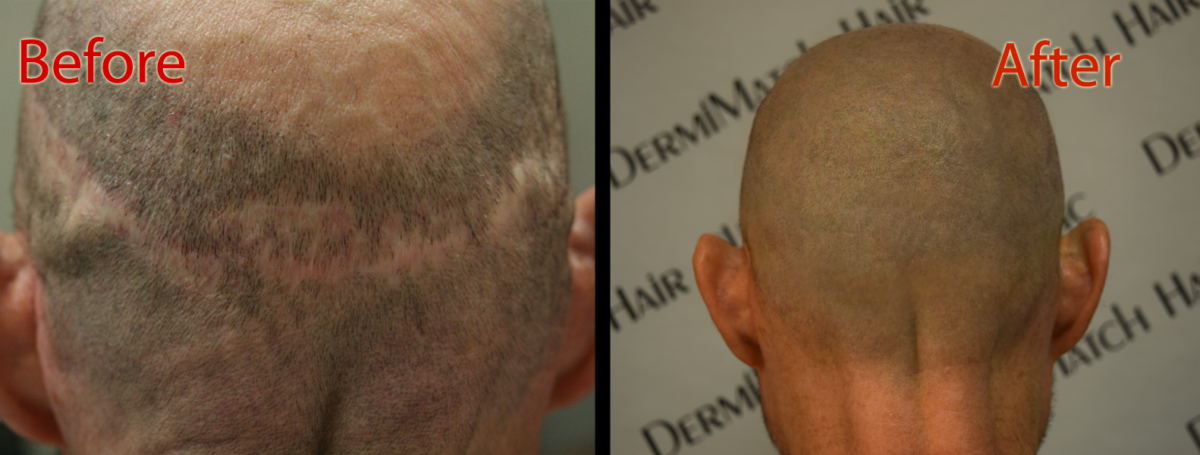Green tea has emerged as a powerful ally in the quest for healthier hair and scalp wellness. This ancient beverage, packed with antioxidants and beneficial compounds, offers remarkable therapeutic properties that extend far beyond its traditional consumption.
Understanding how green tea hair loss treatments work can revolutionize your approach to hair care and follicle health.
The Science Behind Green Tea Hair Loss Treatment
The effectiveness of green tea for scalp health stems from its rich concentration of polyphenols, particularly epigallocatechin gallate (EGCG). These powerful antioxidants combat free radical damage that contributes to premature hair aging and follicle deterioration.
Research indicates that EGCG can inhibit 5-alpha reductase, the enzyme responsible for converting testosterone to dihydrotestosterone (DHT), a primary culprit in androgenetic alopecia.
Green tea’s anti-inflammatory properties help soothe irritated scalp conditions, reducing redness and itching associated with dermatitis and other scalp disorders. The catechins present in green tea also promote improved blood circulation to hair follicles, ensuring optimal nutrient delivery for healthy hair growth.
Effective Green Tea Scalp Treatment Methods
Creating homemade green tea scalp treatments is both simple and cost-effective. Begin by brewing strong green tea using high-quality loose leaves, allowing the mixture to steep for 10-15 minutes to maximize antioxidant extraction. Once cooled, this concentrated tea serves as the foundation for various treatment applications.
For a basic scalp rinse, apply cooled green tea directly to clean, damp hair, massaging gently into the scalp for 2-3 minutes. Leave the treatment on for 10-20 minutes before rinsing with cool water. This method helps remove product buildup while delivering antioxidants directly to hair follicles.
Enhanced treatments can incorporate complementary ingredients like honey, known for its antimicrobial properties, or essential oils such as rosemary or peppermint for additional circulation benefits. These combinations create synergistic effects that amplify green tea’s natural healing properties.
Addressing Common Scalp Concerns
Green tea treatments prove particularly beneficial for managing oily scalp conditions. The astringent properties of tannins help regulate sebum production, reducing excessive oiliness without over-drying the scalp. For those experiencing dandruff or flaky scalp issues, green tea’s antifungal properties can help restore scalp balance and minimize irritation.
Individuals with sensitive scalps often find green tea treatments gentle yet effective. Unlike harsh chemical treatments, green tea provides therapeutic benefits without causing adverse reactions or further irritation. Regular use can strengthen hair strands, improve texture, and enhance overall hair vitality.
Incorporating Green Tea into Your Hair Care Routine
Consistency is key when implementing green tea scalp treatments. Begin with twice-weekly applications, gradually adjusting frequency based on your scalp’s response. Some individuals benefit from daily light applications, while others find weekly intensive treatments more suitable.
For optimal results, combine topical green tea treatments with dietary incorporation. Drinking green tea regularly provides systemic antioxidant benefits that support overall hair health from within. This dual approach maximizes the therapeutic potential of green tea’s beneficial compounds.
When Natural Remedies Reach Their Limits
While green tea hair loss treatment offers impressive benefits for many individuals, some hair loss conditions require more comprehensive solutions. Genetic predisposition, hormonal imbalances, and advanced hair loss patterns may not respond adequately to natural remedies alone.
For those experiencing significant hair thinning or pattern baldness where green tea and other natural treatments have proven insufficient, scalp micropigmentation presents a revolutionary alternative. This innovative procedure creates the appearance of natural hair follicles through precise pigment application, offering immediate visual density improvement regardless of underlying scalp conditions.
Scalp micropigmentation provides a permanent solution that complements existing hair while creating the illusion of fuller coverage. Unlike temporary treatments, this advanced technique delivers consistent, long-lasting results that don’t depend on ongoing maintenance or variable treatment responses.
Find top Arizona SMP experts at DermiMatch Clinic now.


